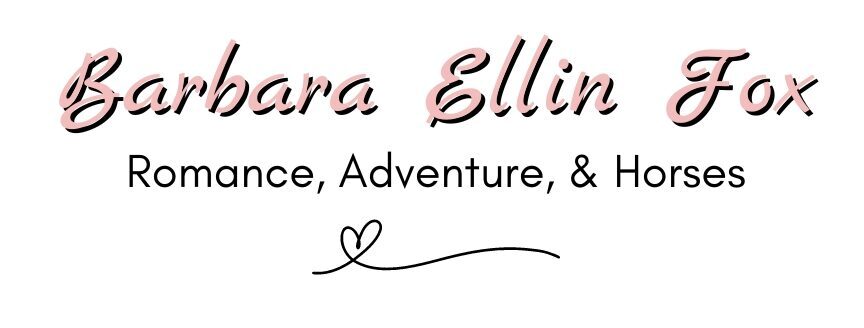Horse whisperers learn to recognize and reward “try.”
What is “Try”
“Try” is the smallest, sometimes almost imperceptible, effort the horse makes to do what you ask. It may be as big as a change of direction or as small as a sigh, a twitch of an ear, a change of the eye, or a muscle relaxing in tail. It is the smallest most minuscule effort the animal makes. Sometimes it’s the best he can do, the most he can give.
To Recognize “Try”
You have to know the animal. By know, I mean you have to be able to recognize tension, resistance, fear, need and desire. It requires reading the signs and understanding horse, what makes them tick. You live their fears, understand their motivation, and know what relief means to them.
What to Do
“Try” is usually the result of pressure. First the trainer must understand different types of pressure and their strengths.
With an unhandled fearful horse pressure might be the presence of human standing in his enclosure. With an aggressive, dominant horse pressure might be moving him off of his spot, standing where he wants to stand. Or pressure might be the trainer taking one step closer to the horse.
The instant the horse responds to pressure we stop moving or we take a step back. The removal of pressure tells the horse that something the horse did made the pressure cease. It’s the horse’s reward, his victory.
When you reward the tiniest bit of “try” it begins a foundation of trust, and as your relationship builds there are more times of pressure at various levels and duration to encourage more “try” from the horse. It is foundational relationship building.
People and Horses
And it works with people.
Pressure causes response. If good a response, or “try”, is rewarded, a person grows. We see this in children all the time. If “try” is abused or ignored children are crushed and a host of emotional problems can ensue.
It’s the same with a horse. When you miss the effort he makes, if you miss his “try”, he has no reward to show him what he’s done to succeed. If it happens frequently the horse may respond by tuning the trainer out, or show fear, nervousness and sometimes outright rebellion.
Greed
Greed does the same thing. Let’s say the horse turns an ear toward us and instead of accepting the ear and releasing the pressure, we want the whole horse to turn our direction, now we’ve become greedy, wanting to take more than the horse can give.
This is not the same as increasing the pressure because a horse has reached a level of trust to move forward into more difficult things.
Greed with a horse is the demand for more, and it stems from impatience and ignorance which routinely ruins horses.
Recognizing The Truth in Try
In a fraction of a second, the horseman must determine whether “try” was genuine or false. Horses that have been handled incorrectly develop responses to cover attitudes. This is sort of like the person who has built walls to keep others from knowing who they really are. It’s their protection. They have things they offer that look like “try” but are really by-passes.
I’ve worked with horses whose actions look like “try” while their eyes tell me as soon as they turn away they’ll show me their heels. This is a more difficult horse to work with because somewhere in his past he’s been tricked. Restoring his interest in trust can take a long time.
I’ve also worked with horses who were so conditioned by force and fear that they offer you every thing they have before they know what you’re asking. These horses always make me sad because they want to respond correctly, but fear or panic makes them react. It’s difficult for this horse to find the lack of pressure because he’s too busy putting pressure on himself. He misses his reward.
Other horses know the routine. Their owner has practiced horse whispering techniques without understanding what the method. Often this horse is dull and uninterested because they’ve lived under pressure and have been given all the wrong answers. It has shaped their character.
I know horses like this. And I know people who are just like these horses.
I hope someone recognizes your ‘try’ today,
Barbara Ellin Fox
BarbaraEllinFox.com
